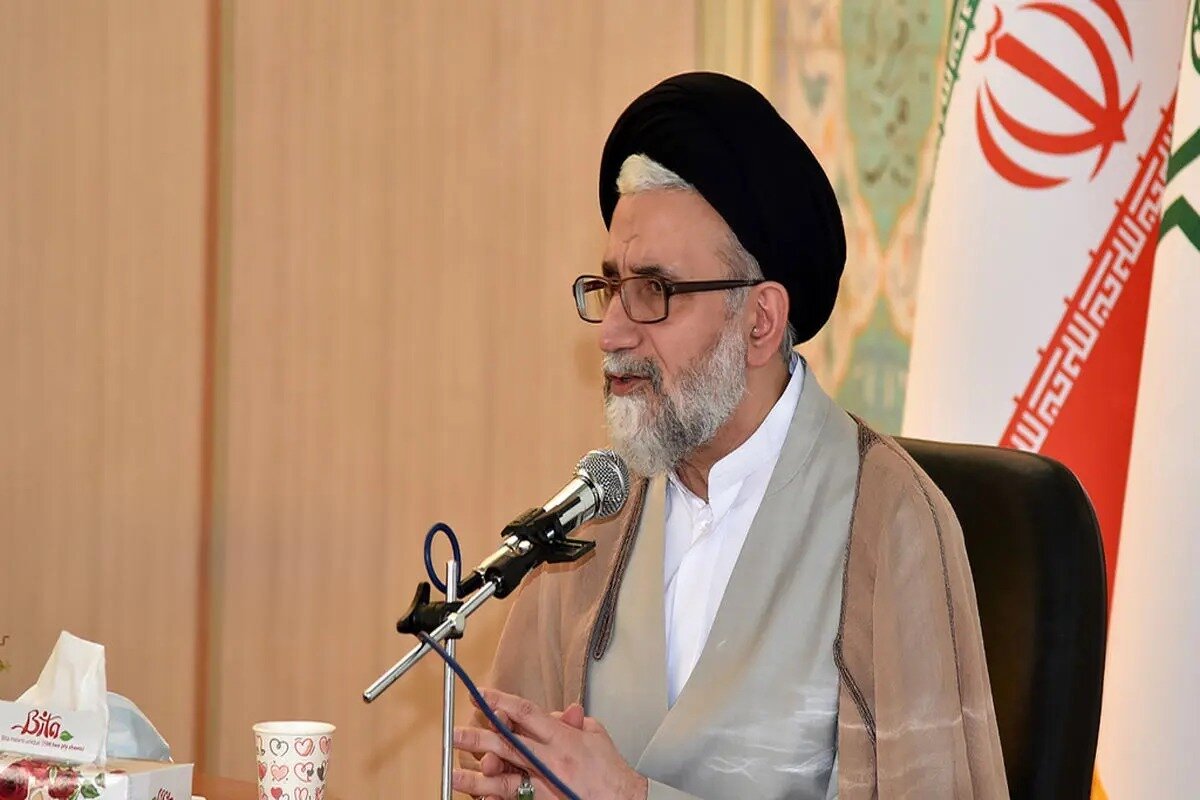US, Israel sought to trigger internal chaos through terror plots: Iran intelligence minister

TEHRAN – Iran’s intelligence minister has revealed that during the U.S.-Israeli aggression in June, Washington and Tel Aviv attempted to destabilize the country by mobilizing Daesh and other Takfiri militants from Syria to launch terror attacks inside Iran.
Speaking at a gathering in the western province of Hamadan on Thursday, Intelligence Minister Esmail Khatib said the enemy sought to assassinate senior Iranian commanders, target key military bases, and sabotage critical infrastructure using advanced technology and Western-supplied weaponry. However, he emphasized, all such efforts were ultimately defeated.
The June conflict began on the 13th when Israel launched an unprovoked act of aggression, sparking a 12-day war that killed more than 1,000 people, including senior military officials, nuclear scientists, and civilians. The United States later joined the assault, striking three Iranian nuclear facilities in a grave breach of international law.
Khatib said Iran’s decisive counteroperations on June 24 successfully forced an end to the combined U.S.-Israeli offensive.
“In this hybrid war,” he explained, “the enemies tried to deploy Daesh and other Takfiri groups from Syria and the southeast to spread insecurity through terror and sabotage—but they failed.”
The minister said the broader goal was to undermine Iran’s stability, sow despair among the population, and derail diplomatic progress, all while plotting to divide the country into smaller entities. “Their ultimate objective was to install a puppet government in Tehran,” he noted, adding that the plan collapsed thanks to the unity and strength of the Iranian armed forces.
Khatib said the plotters had miscalculated that public dissatisfaction would allow Israel to foment chaos. “Contrary to their expectations,” he asserted, “the result was national cohesion, solidarity, and collective resolve.”
Warning against any attempts to undermine unity, he urged careful national planning “to prevent anything that harms social cohesion.”
Khatib further noted that, for the first time in its 70-year history, “the Zionist regime is suffering from internal insecurity and instability”—a situation he attributed to the Al-Aqsa Flood operation, Hezbollah’s resistance, and Iran’s missile response, which he said exposed the regime’s vulnerabilities.
He also accused Western nations of hypocrisy, saying those who “claim to defend human rights” are responsible for humanitarian disasters in Gaza, Lebanon, Yemen, Iraq, and Syria.
Khatib condemned their intolerance toward pro-Palestine voices, citing recent expulsions of individuals from the United States and other Western countries for expressing solidarity with Palestinians.
Leave a Comment